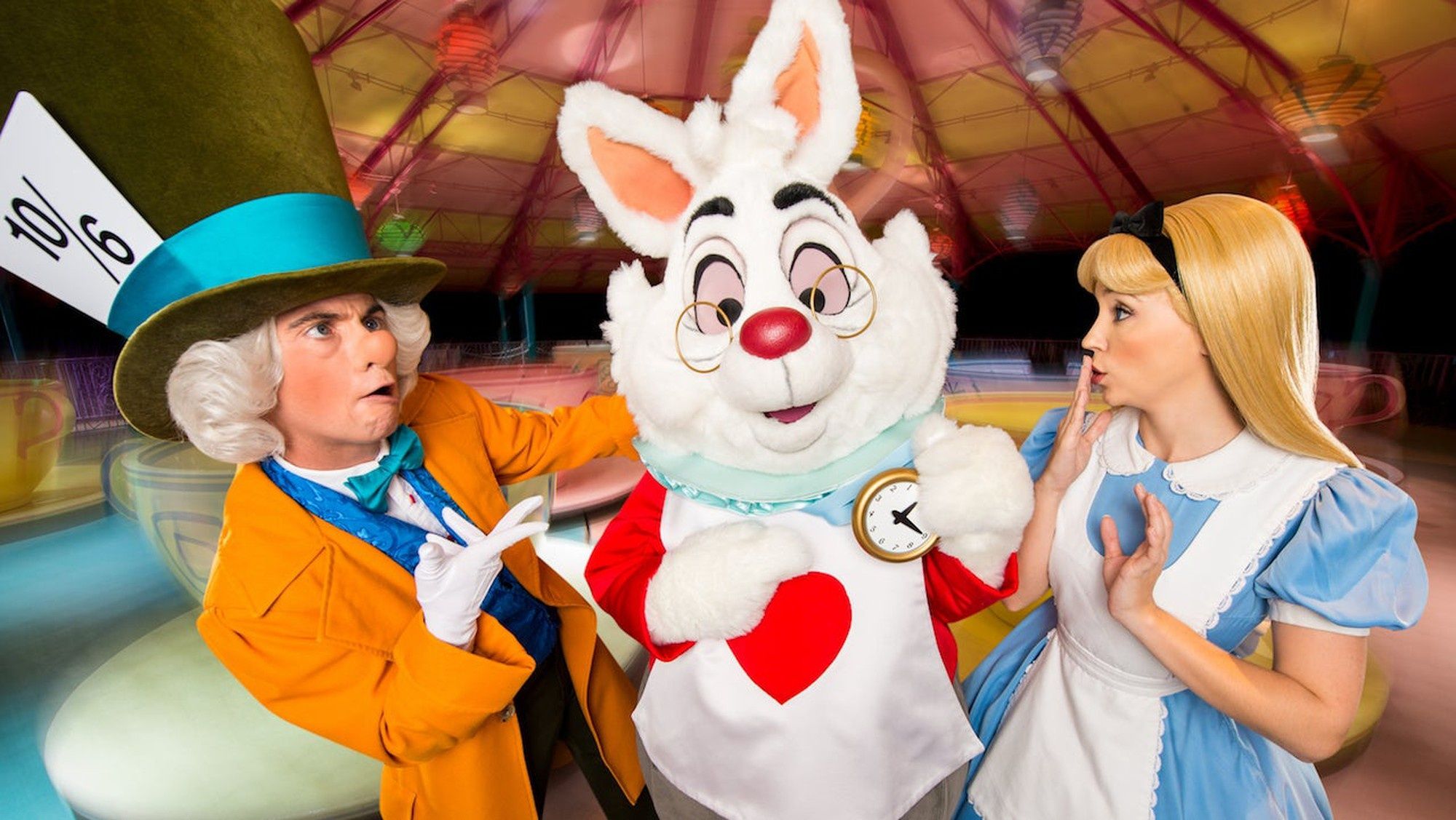I recently wrote that Walt Disney (DIS +1.89%) has impressively outperformed less diversified competitors, such as Six Flags (SIX +0.00%), Cedar Fair (FUN +0.00%), and Seaworld at their own game. While Disney has a much more diversified, and thus more stable, business model, it has still lead this pack in park related sales growth by at least 2%. How can this be?
As I'd mentioned before, much of this does come down to Disney's world-class brand. Still, there is one other huge competitive advantage that hasn't been mentioned thus far.
This edge may be a little less obvious than the iconic mouse ears, but it's just as critical to Disney's success.

Image source: Getty Images.
Insider ownership: an advantage for Disney
Disney really shouldn't be leading this pack in parks growth. ESPN is its largest revenue driver (ESPN accounts for 34% of revenues), which gives Disney strong media competitors like CBS.
It should be harder for Disney to keep its focus on this area than it has turned out to be.
It's a simple rule of thumb, acquisitions and diversification are often more of a distraction than an asset. They can only work when a management team operates flawlessly. Disney's team has done that, and I believe it's because their management team has a lot of "skin in the game."
In fact, insider's at Walt Disney hold a higher percentage of shares than their much smaller competitors. It's much harder to own a large percentage of a large company, than a large percentage of a small one, which makes these numbers even more impressive.
| Company | Insider Ownership % | Market Cap (company size) |
|---|---|---|
| Walt Disney | 7% | $127.79B |
| Six Flags | 6% | $3.47B |
| Cedar Fair | 2% | $2.78B |
(Seaworld was not listed in the results due to its initial offering being less than one year ago.)
It's no surprise that insider buying (and holding) is a good sign for stocks. Insiders should know better than anyone if the company they work for is successful, and many studies have shown that stocks of companies with heavy insider buying go on to outperform the market by as much as 7%.
What is suprising is that a nearly $130 billion company like Disney, nearly forty times the size of these competitors, has 7% of its ownership in management's hands.
Tenured management: always a positive
Too many analyst throw "good management" in the "too hard pile" when it comes to analyzing a stock.
One thing that I love about the book Million Dollar Portfolio, by Motley Fool co-founders David and Tom Gardner, is that they flip this concept on its head.
Good management, the Gardner brothers advise, can be assessed by watching metrics such as insider-ownership and management tenure. While it is best to find companies where the founder is active, unfortunately Walt Disney is no longer with us, so the minimum tenure for a CEO should be at least five years.
Six Flags Chief Executive, Jim Reid-Anderson, has only been with the company since 2010 and Cedar Fair's top boss, Matt Ouimet,has only held his position for a bit over a year. Disney's Bob Iger on the other hand, has held the position of CEO for nearly nine years and he has been in an Executive role with the firm since 2000.
Iger has committed to stay with Disney until at least 2016, at which point he will have served as CEO or COO for sixteen years.
In his tenure Iger has overseen the growth strategy at Disney (beyond parks) through the Great Recession, and the company's performance is at a record high. He owns over one million shares personally, has "skin in the game," and has weathered a few storms.
The ownership stake and tenure shows that he's committed and his interests are aligned with shareholders. That's an asset.
Since Iger has taken over the top spot at Walt Disney, the company has smashed the general market.
Owning a great business: common themes emerge
So what have we learned about Disney over these past two articles?
1. Great brand identity gives Disney's parks an edge over its competitors. Its ESPN business similarly enjoys a brand moat and has few competitors. Best of breed brands are a huge advantage.
2. Disney has a talented and committed management team, with "skin in the game," and that is an advantage.
When you consider these advantages, Disney's forward P/E of 16 looks downright cheap. I'm willing to say that it should be on nearly everyone's watch-list at this point.







